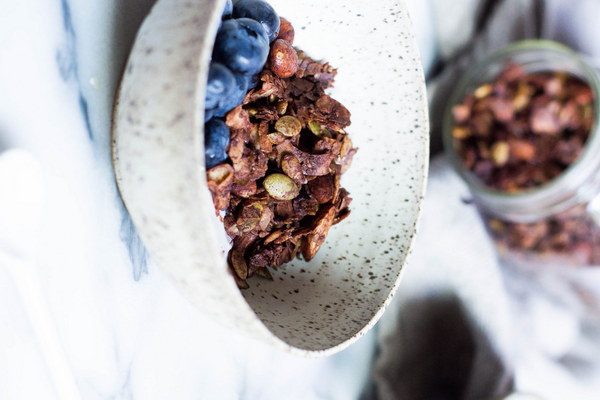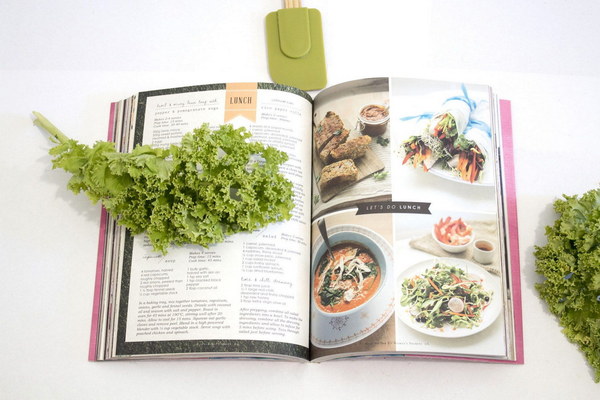Balancing Lung Heat and Strengthening Lung Qi A Comprehensive Approach to Respiratory Health
The respiratory system is a complex network of organs and tissues that plays a crucial role in our overall health and well-being. One of the most vital aspects of respiratory health is maintaining a balance between lung heat and lung qi. In traditional Chinese medicine (TCM), the concept of balancing these two elements is essential for achieving optimal lung function and preventing respiratory disorders.
Lung heat, also known as lung fire, refers to an excess of heat in the lungs that can lead to various respiratory problems, such as cough, phlegm, and breathlessness. On the other hand, lung qi, or vital energy, is the life force that circulates throughout the body, providing energy and support to the lungs and respiratory system.
To achieve a harmonious balance between lung heat and lung qi, it is important to adopt a comprehensive approach that includes dietary adjustments, lifestyle changes, and herbal remedies. Below, we will explore these strategies in detail.
Dietary Adjustments
One of the most effective ways to address lung heat and strengthen lung qi is through dietary changes. Here are some key recommendations:
1. Reduce spicy and hot foods: Spicy and hot foods can exacerbate lung heat and lead to respiratory issues. It is advisable to limit the intake of foods such as chili peppers, garlic, ginger, and onions.
2. Increase cooling foods: Cooling foods can help alleviate lung heat and reduce inflammation. Include foods like cucumbers, watermelons, green leafy vegetables, and apples in your diet.
3. Stay hydrated: Drinking plenty of water can help maintain a healthy respiratory system by keeping the mucous membranes moist and reducing the risk of infections.

4. Herbal teas: Certain herbal teas can help clear lung heat and strengthen lung qi. Examples include honeysuckle tea, peppermint tea, and mulberry leaf tea.
Lifestyle Changes
Lifestyle factors also play a significant role in maintaining a balance between lung heat and lung qi. Here are some lifestyle recommendations:
1. Avoid exposure to pollutants: Air pollution can exacerbate lung heat and weaken lung qi. Try to minimize exposure to smoke, dust, and other pollutants.
2. Practice deep breathing exercises: Deep breathing exercises, such as pranayama in yoga or tai chi, can help improve lung function and enhance lung qi.
3. Regular exercise: Engaging in regular physical activity can strengthen the respiratory muscles and improve lung capacity.
4. Manage stress: Chronic stress can weaken lung qi and lead to respiratory issues. Practice stress-reducing techniques such as meditation, deep breathing exercises, or mindfulness.
Herbal Remedies
In addition to dietary adjustments and lifestyle changes, herbal remedies can be a valuable component of a comprehensive approach to balancing lung heat and strengthening lung qi. Some popular herbal formulas and remedies include:
1. Honeysuckle and forsythia combination: This herbal formula helps clear lung heat and reduce inflammation, making it beneficial for treating respiratory infections.
2. Astragalus and codonopsis: These two herbs work together to boost lung qi and enhance immune function.
3. Goji berries and schisandra berries: These berries are known for their adaptogenic properties, helping the body cope with stress and improve overall health.
In conclusion, achieving a balance between lung heat and lung qi is crucial for maintaining respiratory health. By adopting a comprehensive approach that includes dietary adjustments, lifestyle changes, and herbal remedies, you can help keep your lungs healthy and reduce the risk of respiratory disorders. Remember, it is always best to consult with a healthcare professional or a TCM practitioner before starting any new treatment or making significant changes to your lifestyle.









